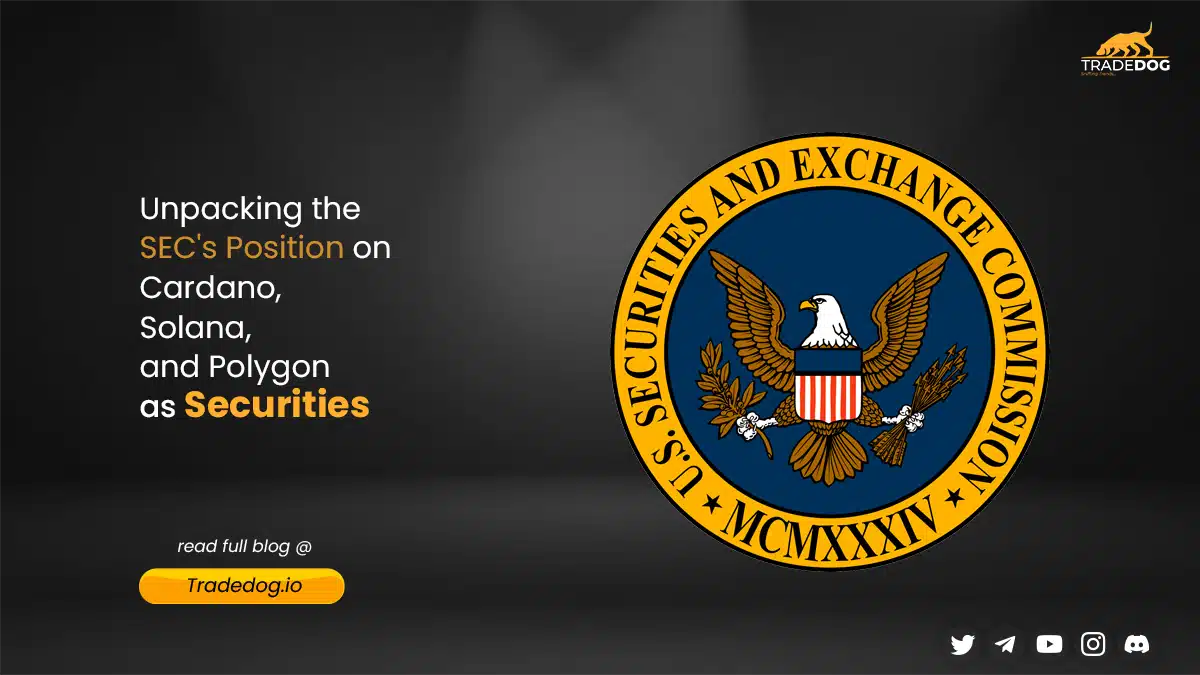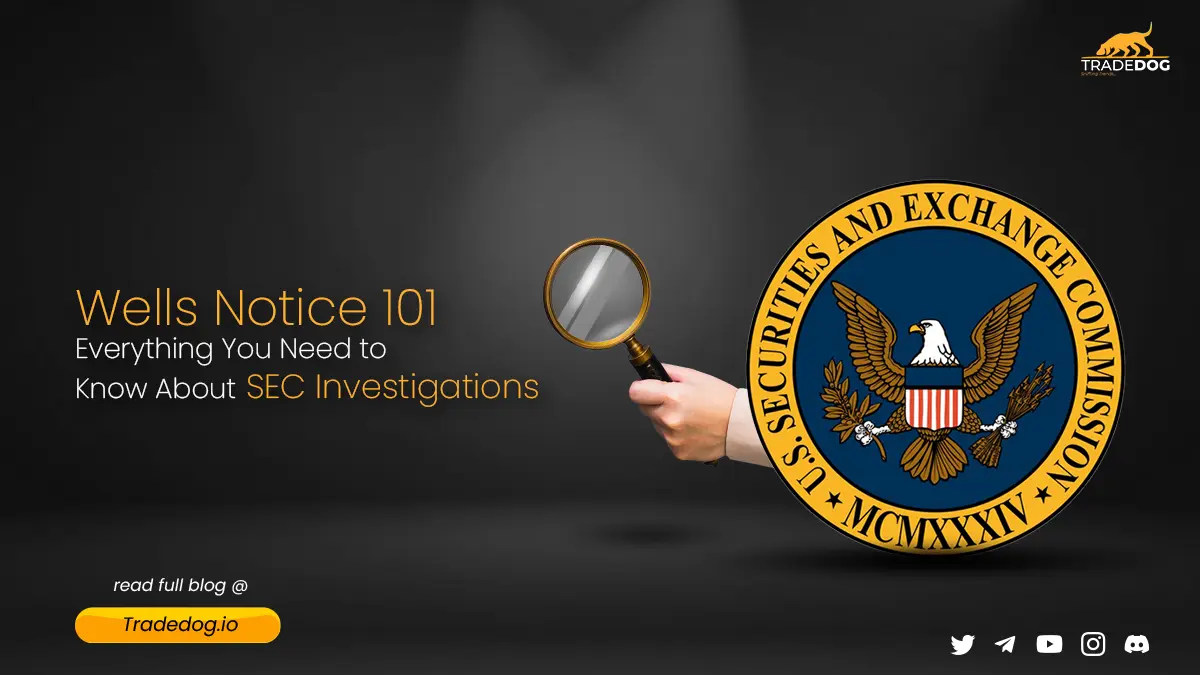Quick Links
The Securities and Exchange Commission has been quite in-action regarding regulatory oversight for cryptocurrencies. With Gary Gensler, the current chairman of SEC, the crypto community expects positive and adaptive regulations for cryptocurrencies in the US. However, the recent charges filed by the financial watchdog against Kraken might have turned the community from head to toe.
Now, what did the SEC do against Kraken?
Kraken Got Fined $30 Million and Order to Halt Staking
It all started with a probe by the SEC against the crypto exchange for selling unregistered securities. However, that later got converted into a $30 million fine and order to halt staking on Kraken for its U.S. customers. The regulatory body announced that the firm had failed to register the offer and sale of their crypto-asset staking-as-a-service program
The fourth largest exchange by trading volume agreed to halt its staking service for U.S. clients but did not deny or admit the allegations in the SEC’s complaint. Commenting on the action, the chairmen of the SEC said that crypto marketplaces that are providers of staking-as-a-service must register and provide full, fair, and truthful information and investor protection.
When it comes to the motive behind the action, the financial regulator always wanted to consider every cryptocurrency as security excluding Bitcoin and have regulatory supervision accordingly. Gary Gensler has also mentioned that Ethereum after its transition from Proof-of-Work (PoW) to Proof-of-Stake (PoS) may constitute the characteristics of a security. Hence, SEC is also looking to bring Ethereum under their regulatory supervision
Backlash From the Crypto Community for SEC’s Approach
It was quite obvious that the crypto community seem outraged over the charges laid against the exchange in relation to its staking-as-a-service program in the United States. The element of surprise came in when the SEC Commissioner Hester Peirce, took on against her own agency and shared her views calling such actions “not an efficient or fair way of regulating” an emerging industry like cryptocurrency.
Adam Cochran, Cinneamhain Ventures Partner and Ethereum Bull, targeted SEC chief and called him the agent of anti-crypto agenda rather than a regulator. He further questioned about the regulatory capacity of the case of Sam Bankman-Fried and FTX.
Kristin Smith, CEO of the Blockchain Association, argued that it should be Congress who should be working with industry players to implement appropriate legislation rather than the SEC.
Jake Chervinsky, Attorney and Chief Policy Officer of the Blockchain Association, mentioned that settlements such as the current one in hand could not be considered law. He further emphasized that the decision by Kraken for settlement was likely an economic decision rather than a legal one.
But, it should not be the regulator kept in the bad aspect of the happening every time. There are bad actors prevailing in the industry which can severely shake investors’ confidence in the industry. FTX, being the prime example of it, the regulator was not even able to control the damage while the members of the bankrupt exchange were sitting together with them to formulate constructive regulations for the industry.
SEC Piling Charges Against Former Coinbase Employee
A former employee of Coinbase, Ishan Wahi, pleaded guilty to two counts of conspiracy to commit fire fraud in connection to an insider trading scheme at the exchange. The SEC has also brought relevant charges against him. Federal prosecutors also filed criminal charges of wire fraud against his brother Nikhil, and their common friend Sameer Ramani. The SEC accused the three of violating securities laws as well. The whole case is about Wahi sharing information about upcoming token listings.
This is a classic example of having required regulations and a financial watchdog in place for this industry. The approach by the SEC in this case can help to shape the regulations around digital assets through the court system.
Conclusion
In conclusion, it is clear that the SEC needs to step up their game when it comes to regulating the cryptocurrency industry. As the popularity and use of digital currencies continue to grow, the potential risks and vulnerabilities associated with these assets also increase. While some measures have been taken to provide guidance on how digital assets are classified and regulated, the current regulatory framework falls short in many areas. Putting up the label of “unregistered security” over the staking program might not help the industry on regulatory terms. The real picture is much more bigger and complicated than that.
It is crucial for the SEC to prioritize the establishment of clear and comprehensive regulations that protect investors and promote fair practices in the crypto industry. Only then can we ensure the continued growth and stability of this exciting new asset class, while safeguarding against potential fraud, market manipulation, and other risks that can harm consumers and undermine investor confidence.













